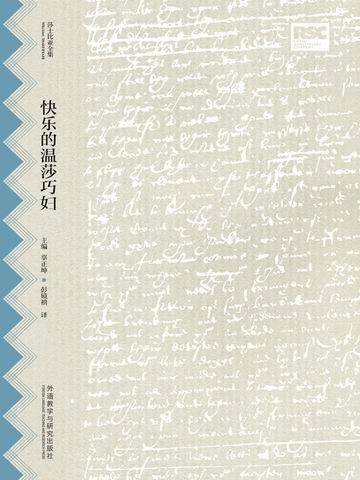无比欢乐的爱情喜剧;讲述没落的骑士福斯塔夫以求爱的名义骗钱而受到捉弄的喜剧故事。
In 1702 the poet and critic John Dennis rewrote The Merry Wives of Windsor with the title The Comical Gallant: or, the Amours of Sir John Falstaff. Dennis claimed that the original Shakespearean play was a particular favourite of Queen Elizabeth. Indeed, he reported, ‘This comedy was written at her command, and by her direction, and she was so eager to see it acted that she commanded it to be finished in fourteen days; and was afterwards, as tradition tells us, very well pleased at the representation.’ A few years later, the story was elaborated in the biography appended to Nicholas Rowe’s edition of Shakespeare: the Queen was so well pleased ‘with that admirable character of Falstaff in the two parts of Henry the Fourth’ that she commanded Shakespeare ‘to continue it for one play more, and to show him in love’.
《快乐的温莎巧妇》讲述没落的骑士福斯塔夫以求爱的名义骗钱而受到捉弄的喜剧故事。
Sir John Falstaff, staying in Windsor and down on his luck, decides to restore his fortunes by seducing the wives of two wealthy citizens. He sends Mistress Page and Mistress Ford identical love letters, but they discover his double dealing and set about turning the tables, arranging an assignation at Mistress Ford’s house.
- 出版说明
- 莎士比亚诗体重译集序
- 《快乐的温莎巧妇》导言
- 人物简介
- 第一幕
- 第二幕
- 第三幕
- 第四幕
- 第五幕
- 落难的风流骑士——《快乐的温莎巧妇》译后记
- 书评 写书评
- 笔记
-
书评加载中...



















 京公网安备 11010802032529号
京公网安备 11010802032529号
笔记加载中...